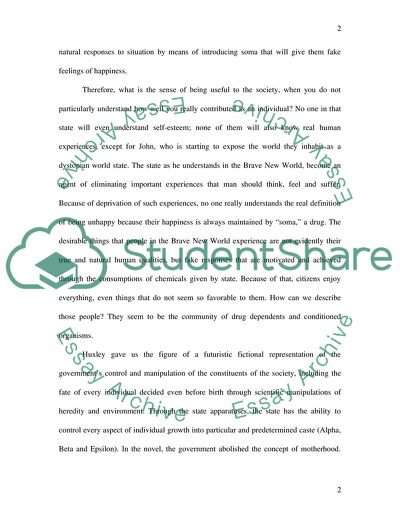Cite this document
(Brave New World by Aldous Huxley Book Report/Review, n.d.)
Brave New World by Aldous Huxley Book Report/Review. Retrieved from https://studentshare.org/literature/1708128-philosophy-and-literature-brave-new-world
Brave New World by Aldous Huxley Book Report/Review. Retrieved from https://studentshare.org/literature/1708128-philosophy-and-literature-brave-new-world
(Brave New World by Aldous Huxley Book Report/Review)
Brave New World by Aldous Huxley Book Report/Review. https://studentshare.org/literature/1708128-philosophy-and-literature-brave-new-world.
Brave New World by Aldous Huxley Book Report/Review. https://studentshare.org/literature/1708128-philosophy-and-literature-brave-new-world.
“Brave New World by Aldous Huxley Book Report/Review”. https://studentshare.org/literature/1708128-philosophy-and-literature-brave-new-world.


